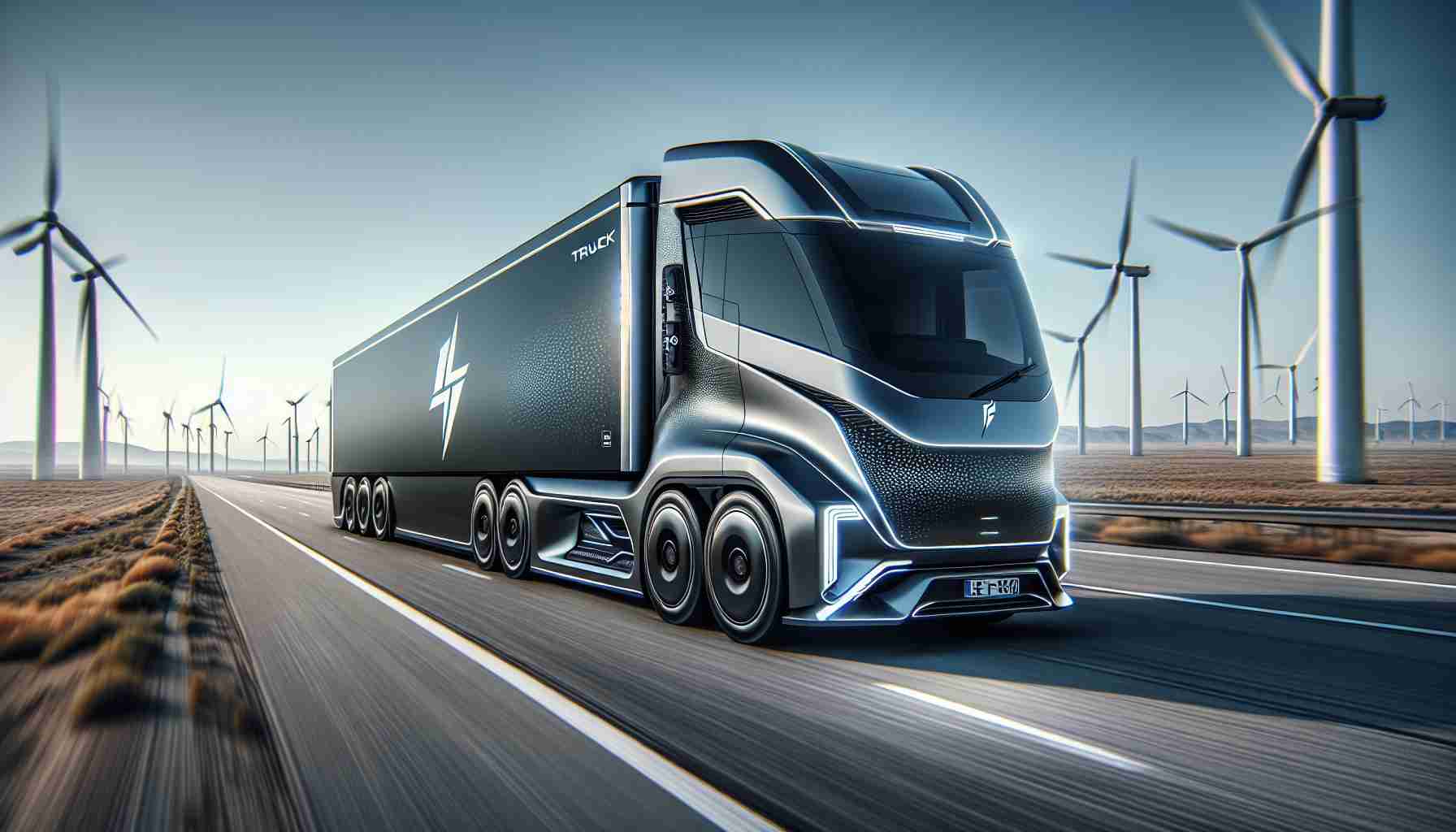Ford Motors is making strategic moves in the electric vehicle (EV) market by introducing a lineup of innovative electric models that aim to be more affordable and efficient. A major highlight is their upcoming midsize electric pickup truck, which has been designed to optimize cost efficiency, drawing inspiration from Chinese manufacturing practices.
Despite a surge in sales of its F-150 Lightning, Ford’s EV division remains financially challenged, as reported in its latest earnings. CEO Jim Farley explained that Ford is focusing on reducing both the manufacturing complexity and cost of its upcoming EVs. The company’s new midsize truck is a key part of this strategy. By simplifying design and production processes, Ford aims to achieve cost competitiveness similar to Chinese manufacturers, especially those building in Mexico.
One of Ford’s approaches to cost reduction is developing a new EV platform, announced in February, which will eventually support a range of EVs priced from approximately $25,000. This platform promises enhanced efficiency and extended range compared to current models. Ford’s strategic shift includes producing more components in-house, starting with the construction of a battery factory in Michigan set to produce lithium iron phosphate (LFP) batteries by 2026, mirroring strategies employed by successful Chinese EV companies.
Recently, Ford announced changes to its EV program due to fluctuating demand, postponing some projects and pivoting others to hybrid models. The company remains committed to simplification, as highlighted by Farley’s commentary on the reduced complexity and early supplier involvement in its truck development. As Ford adjusts its electrification journey, these strategic decisions aim to position it favorably in the evolving automotive landscape.
Ford’s Electrification Strategy: A Deep Dive into New Innovations and Controversies
Ford Motors is charting an ambitious course in the electric vehicle (EV) market, aiming to make waves with new innovations. However, beyond the allure of cutting-edge technology and affordability, the underlying aspects of Ford’s strategy raise critical questions about the future of the automotive industry and its broader impact.
The Workforce Impact: Will Jobs Survive the Shift?
One lesser-discussed aspect of Ford’s move towards electric vehicles, especially as it adopts more cost-efficient practices inspired by Chinese manufacturing, is its impact on the labor force. As Ford simplifies its production processes and brings more component manufacturing in-house, it could potentially lead to job reductions in areas where traditional automotive manufacturing has been a staple. The construction of the new battery plant in Michigan could provide new jobs, but the question remains whether these will sufficiently compensate for potential losses in assembly lines that are becoming more automated.
Economic and Environmental Tug-of-War
The shift from traditional combustion engines to EVs marks a significant step towards reducing global carbon footprints. However, this transition sits in an economic and environmental tug-of-war. On the one hand, the mass production of electric vehicles can stimulate the economy by creating new industries and opportunities. On the other hand, the environmental cost of mining for lithium and other materials needed for EV batteries poses a serious challenge. How these issues will play out continues to be a subject of intense debate.
Consumer Concerns: Affordability vs. Performance
Ford’s pledge to introduce EVs priced around $25,000 sounds promising, but consumers worry about whether affordability might sacrifice performance or features. Although Ford aims to deliver more efficient vehicles with better range, questions about longevity, battery life, and the availability of charging infrastructure are still significant consumer concerns.
The Hybrid Pivot: A Strategic Detour or Misdirection?
In light of fluctuating demand, Ford’s pivot to hybrid models from certain EV projects has surprised many industry analysts. Is this a strategic detour making Ford adaptable to market demands, or does it indicate a lack of clarity in their EV strategy? Hybrids could appeal to a broader market by easing the transition for consumers wary of switching entirely to electric, but it might slow down the advancement of pure EV technology.
Global Competition: Friends or Foes?
Ford’s approach to emulate cost-effective Chinese manufacturing practices by building in Mexico raises questions about international competition and cooperation. Is this a race against time to match the efficiency of Chinese EV giants, or could partnerships create a new era of automotive innovation?
Looking Forward: What Could this Mean for Ford and Beyond?
With the automotive industry undergoing substantial transformation, Ford’s strategic maneuvers will not only shape its future but could set new trends in the industry. The ripple effects on communities, particularly those reliant on traditional auto manufacturing, could redefine regional economic landscapes.
Additional insights and related questions to explore can be found at Automotive World and EVgo.
In the unfolding EV saga, Ford’s journey is a microcosm of the challenges and opportunities facing the industry—a narrative that merges technology, economy, and society in unexpected ways. How these changes are embraced or resisted remains an open-ended story consequential for all stakeholders involved.







